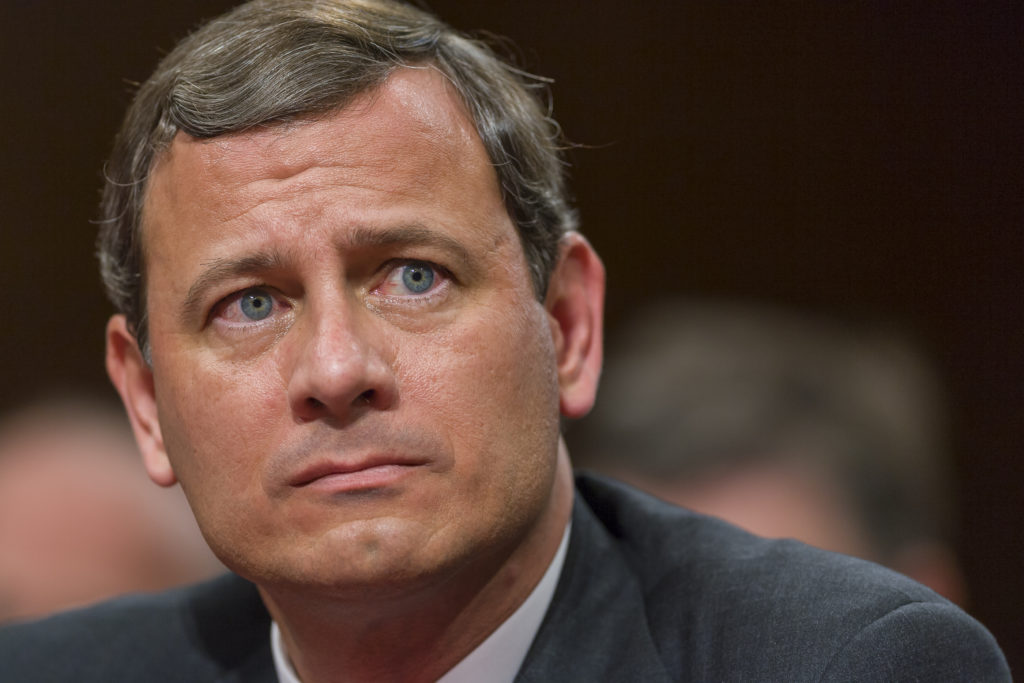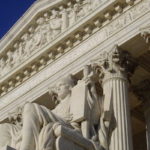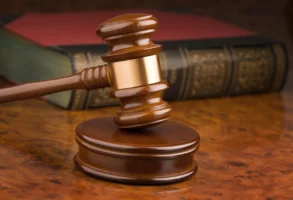
Published November 30, 2021
The Supreme Court hears its most important abortion case in a generation on Wednesday. Dobbs v. Jackson Women’s Health Organization concerns a Mississippi law that bans most abortions after 15 weeks of gestation. That’s more permissive than the laws of nearly every country in Europe. But because it applies before viability, it conflicts with Roe v. Wade (1973) and Planned Parenthood v. Casey (1992).
Roe and Casey have corrupted America’s law and disrupted its politics for decades. Dobbs provides the court an opportunity to end the damage by restoring abortion policy to the democratic processes in the states. Many observers expect Chief Justice John Roberts —wary of overturning precedent and anxious to defend the court from political attacks—to search for a compromise. But his record provides compelling reasons to think he will forge a supermajority of justices to overturn Roe and Casey definitively.
In Roe, the justices imposed a uniform national policy on a contentious social issue. In Obergefell v. Hodges (2015), the court did the same thing, with the chief justice in dissent. “Just who do we think we are?” he asked plaintively. “The majority’s decision is an act of will, not legal judgment. The right it announces”—to same-sex marriage—“has no basis in the Constitution or this Court’s precedent.” The majority “seizes for itself a question the Constitution leaves to the people, at a time when the people are engaged in a vibrant debate on that question.” The same was true of abortion in 1973.
Click here to read the rest of this piece at the Wall Street Journal‘s website.
Mr. Whelan is a distinguished senior fellow at the Ethics and Public Policy Center and a co-editor of “The Essential Scalia: On the Constitution, the Courts, and the Rule of Law.”
Edward Whelan is a Distinguished Senior Fellow of the Ethics and Public Policy Center and holds EPPC’s Antonin Scalia Chair in Constitutional Studies. He is the longest-serving President in EPPC’s history, having held that position from March 2004 through January 2021.











